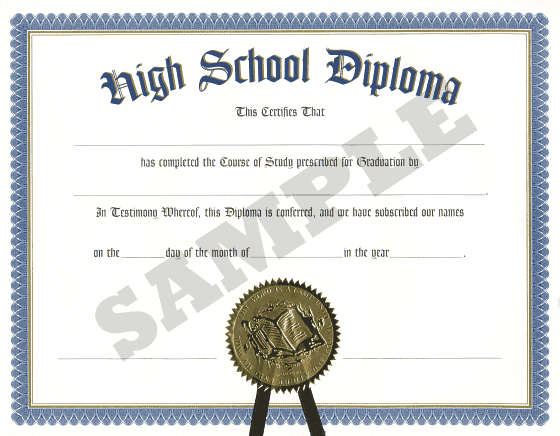
A friend was telling me about a professor at a top-notch college who gives every one of his students an "A".
I cringed.
Another professor letting students slide. Ugh.
But then she went on to explain. He gives everyone an "A" in his class, but they have to keep re-doing every assignment until it is "A" quality. They don't have to take the "A". They can settle for a "B" or "C" or any other grade. But every one of them has an opportunity to receive an "A" in his class, if they so desire.
It makes for a lot of work on the teacher...but just think if every one of our kids were given that same opportunity. Instead of testing a kid at the end of the year and then holding him back for failing the TAKS (state standardized tests), the child would, instead, be given the opportunity on EVERY assignment throughout the year to correct their paper until they achieved "A" level work...correction after correction after correction.
It's not a cop-out; it's a lot of work. In a scenario like that, the kids (and the teacher) have to work very hard to ensure that every child knows what they're doing. It also makes it easier (for the teacher and the child) later in the year because after re-doing it so many times they can gain an understanding of that single skill they're missing. Once the kids master their skill and realize they can't just "get by," their resulting assignments will be better...which won't take as much time to grade. So the work load is definitely heavy for both teacher and child, but when perfection is the end result, it bumps the standards up and makes it easier in the long run...for both student and teacher.
If everyone participated in that philosophy, I have a feeling there would be a lot fewer students graduating from high school taking remediation classes in colleges and a lot more adults prepared for a competitive workplace. It could benefit employers tremendously.
Maybe then a diploma might mean more than it does today. Report cards might mean something. It might change the way we look at education.
We might be able to guarantee the value of a high school diploma. Unfortunately, right now that's often not the case.
1 comment:
This type of teaching/grading holds both the teacher and the student accountable for learning. This is the type of learning environment where Learning is the constant, and time is the variable, instead of the other way around.
Post a Comment